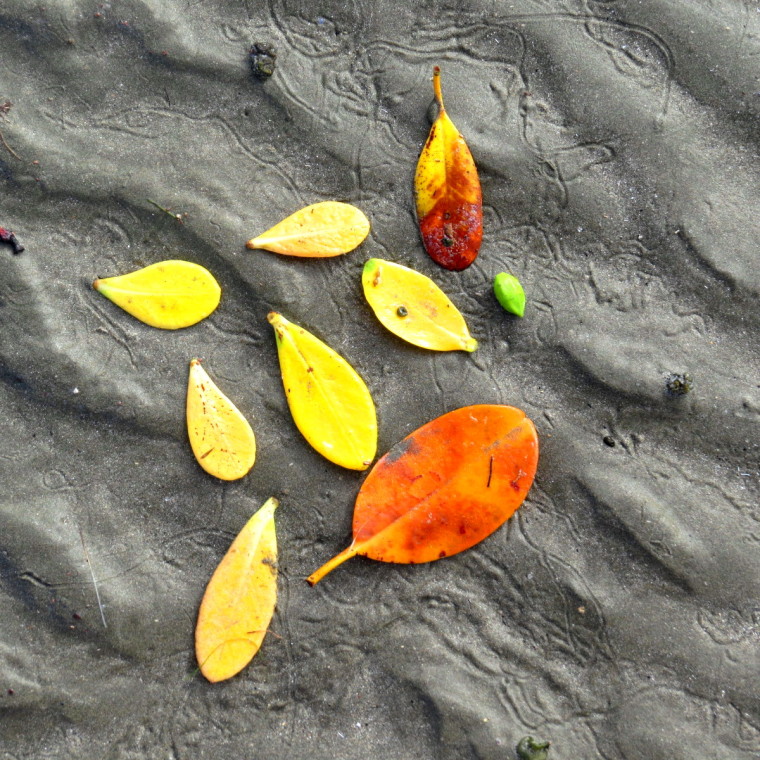
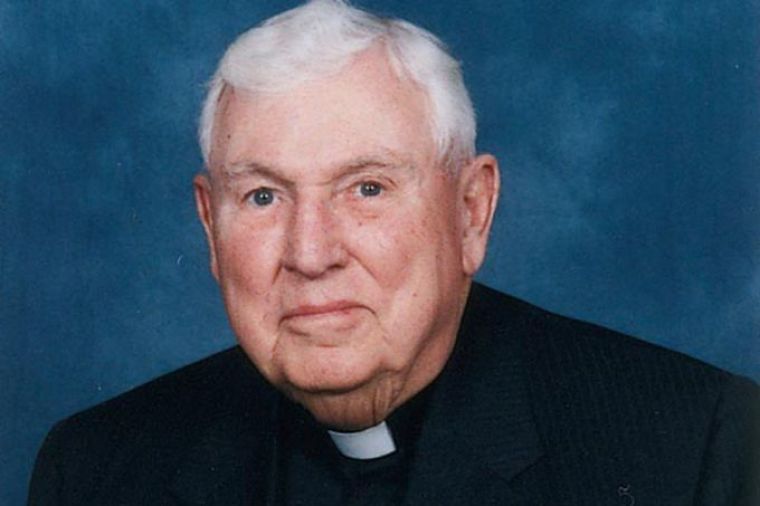
Australia's retiring chief scientist, Professor Ian Chubb AC (who was formerly Vice Chancellor of the Australian National University), has presided during a time of both pluses and minuses in Australia's science report card, regarding science policies and perceived performance.
He mentioned in 2015 that he has had to report to 18 science ministers (and recently, no science Minister at all) and 23 ministers for education (including higher education).
He would prefer an administration that sought the long view of science in our society, and in particular to review the education system so that it encourages imagination as well as imparts knowledge.
Ending on a positive note: science benefits the economy
In one of his last addresses before his term of office ends, at a recent Press Club Speech, Professor Chubb has emphasised the value of science, technology and maths (STEM) as adding about 11% to our economy in their raw state, and a whopping 22% when the "add-on" effects of the practical benefits of these endeavours are considered.
Yes, here is a scientist talking knowledgeably about the economy.
His report outlines such examples as how mathematics has supported the effectiveness of mobile phones and wireless internet, but there are many more examples from discoveries in physics, chemistry and the earth sciences over the past 20 years.
In fact, he reports that there is 7% of the working population employed in these maths and physical science areas, and this contributes to 23% of goods and services exports. It also estimates labour - productivity of workers in the advanced physical and mathematical sciences is 75 per cent higher than that of workers in the rest of the economy.
At this stage, the more obvious implementations of the medical and biological sciences have not even been considered: when these effects are added in, it is likely the impact of scientific knowledge on our economy will loom even larger.
The Bible tells us the real value of science and technology to the economy of a peaceful society, something that needs to be remembered in this time of world tumult.
Isaiah chapter 2, verse 4: "And he shall judge among the nations, and shall rebuke many people: and they shall beat their swords into plowshares, and their spears into pruning hooks: nation shall not lift up sword against nation, neither shall they learn war any more."
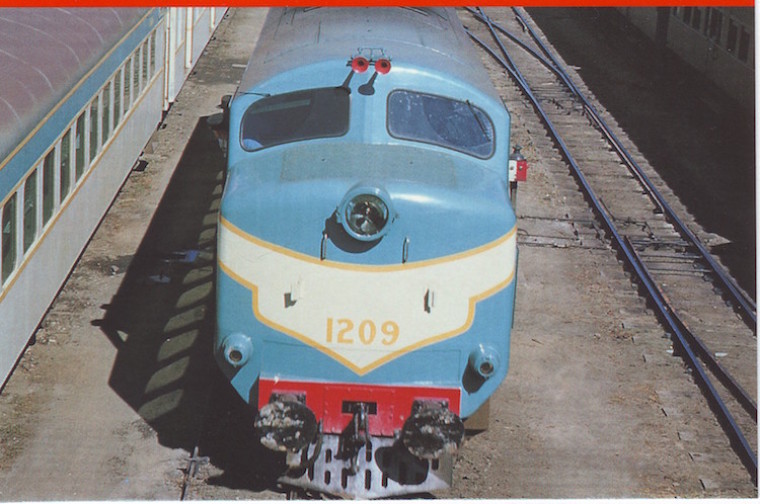
Congratulations to the new Chief Scientist.
From January 2016, the new Chief Scientist of Australia will be Dr Alan Finkel AO, who has until now been Vice Chancellor of Monash University. He is a scientist, inventor, innovator, businessman and philanthropist (often donating to educational institutions).
His background testifies to the fact that he fully understands the relationship between research science, practical implications, innovation and the importance to the wider economy, as Professor Chubb has indicated in his valedictory report and speech.
Readers often like to read a little personal details about the family lives of prominent people, particularly of successful women. In this tradition, I would like to mention in passing that Alan Finkel is married to the Eureka Prize-winning science journalist and biochemist, Dr Elizabeth Finkel.
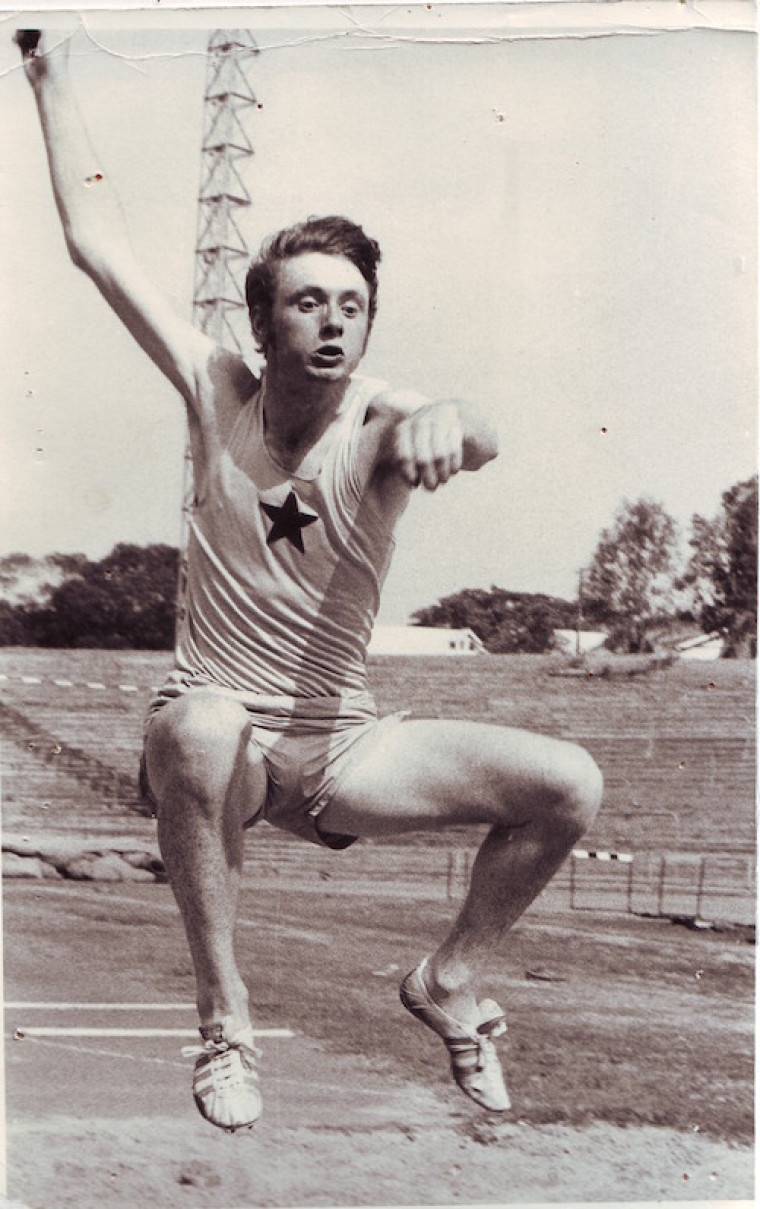
Australia day "gongs" to two eminent women scientists.
Following the practice of my late mother, I like to "speed read" the Australian Honours lists. Among the usual spattering of medical personnel, community workers, politicians, people-of-the-arts, sportspersons and businessmen, I was pleased to find quite a few scientists this year.
Among them was the NSW Chief Scientist and Engineer (since 2008), Emeritus Professor Mary O'Kane, who has gained the highest Australian Honours, that of AC (Companion in the General Division of the Order of Australia). Her citation reads: "For eminent service to science and engineering, as a contributor to national policy development and governance, to the promotion of technology research and future energy supply, to higher education, and as a role model for young scientists."
I also noticed that the South Australian Senior Australian of the Year went to a physicist, Monica Oliphant AO. In 1960, she was the only woman physics honours graduate at the University of Adelaide. One of her mentors, who encouraged her to continue her studies, was her father-in-law, the eminent physicist and former Governor of SA, Sir Mark Oliphant. For decades, she has been involved in advocating and showing the value of renewable energy sources, both in Australia and overseas. I noted that some of her work over the years was unpaid, voluntary contributions to our society in the area of very solid science research. (!!)
There is an analogy here with the voluntary, often unrecognised efforts of the (usually women) partners of pastors and missionaries – I know that Delma has experiences to relate on this matter.
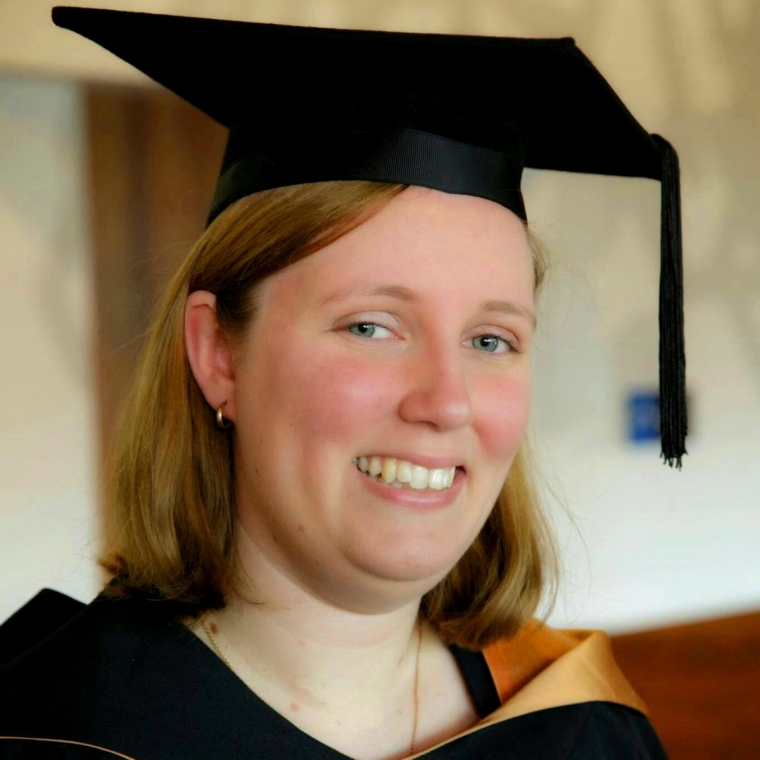
Post-script: recognise the efforts of women
Following this theme, while browsing the Australia Day awards, I noticed also that 30% of the recipients were women; I discovered that this proportion has been the same for many years. It is considered that communities nominate more men than women each year; the committee that decides the awards only looks at the merits of the applications it receives. So take your cue – if there are people in your community whom you think deserve an Australian "gong", then go ahead and nominate them – and make sure you don't overlook the efforts of those unrecognised women within your own community or professional group.
As a recent McKinsey report indicates, on a world scale, women's equality is very important in a country's economic health and growth.
These two women may be the very top of their profession, but they serve to illustrate both the importance of women's' work, and the importance of science, to our ongoing well-being as a society.
Dr Mark Tronson is a Baptist minister (retired) who served as the Australian cricket team chaplain for 17 years (2000 ret) and established Life After Cricket in 2001. He was recognised by the Olympic Ministry Medal in 2009 presented by Carl Lewis Olympian of the Century. He mentors young writers and has written 24 books, and enjoys writing. He is married to Delma, with four adult children and grand-children.
Mark Tronson's archive of articles can be viewed at http://www.pressserviceinternational.org/mark-tronson.html
